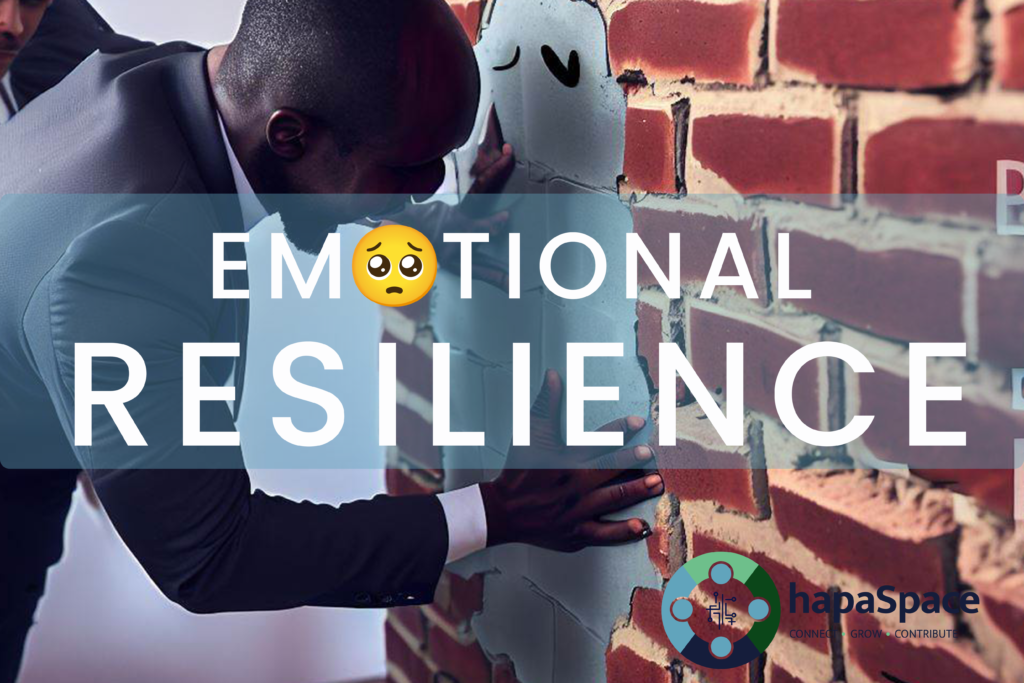
There are many obstacles, unknowns, and high stakes involved in being an entrepreneur. To navigate the demanding landscape of business ownership, entrepreneurs must develop emotional resilience, a vital quality that helps them overcome setbacks, adapt to change, and thrive in the face of adversity. Let’s explore the significance of emotional resilience for entrepreneurs and provide practical strategies to cultivate and strengthen this essential trait.
Understanding Emotional Resilience
Emotional resilience refers to the ability to bounce back from setbacks, manage stress effectively, and maintain a positive mindset in the face of challenges. As they face a variety of challenges, including financial hardships, customer rejection, team management difficulties, market fluctuations, and the need to innovate, entrepreneurs must be especially resilient on the emotional front.
The Benefits of Emotional Resilience for Entrepreneurs
Managing Uncertainty: Starting a business is a naturally unpredictable process. Emotional resilience enables entrepreneurs to embrace uncertainty, adapt to unexpected circumstances, and view challenges as opportunities for growth. It helps them stay focused on their long-term goals, even when short-term outcomes are uncertain.
Managing Stress: With its demanding deadlines, high workloads, and sense of responsibility, entrepreneurship can be extremely stressful. Entrepreneurs who possess emotional resilience are better able to control their stress levels and avoid burnout. Entrepreneurs can maintain a healthy work-life balance and perform better under pressure by developing emotional resilience.
Overcoming Obstacles: Any entrepreneurial journey will inevitably include failure. However, emotional resilience empowers entrepreneurs to view setbacks as learning experiences rather than insurmountable roadblocks. It enables them to bounce back quickly, learn from their mistakes, and persevere with renewed determination.
Strategies to Cultivate Emotional Resilience
Develop Self-Awareness: Self-awareness is the first step in gaining emotional resilience. Entrepreneurs need to be able to recognize their emotions, comprehend their triggers, and understand how they respond under pressure. Entrepreneurs who practice self-reflection and mindfulness may become more self-aware, which will help them better control their emotions.
Create a Support Network: Building a strong support network is essential for emotional well-being because entrepreneurs frequently face particular challenges. A sense of community and a support network are given when one surrounds themselves with like-minded people, mentors, or entrepreneurial communities.
Develop Adaptive Thinking: Cognitive flexibility and adaptive thinking are closely related to emotional resilience. Entrepreneurs can adopt a more positive and solution-focused mindset by recasting difficulties as opportunities. Embracing failure as a stepping stone to success allows entrepreneurs to maintain motivation and move forward.
Self-care is a must for entrepreneurs if they want to keep their emotional health. Stress levels can be significantly reduced and emotional resilience can be improved with regular exercise, a healthy diet, enough sleep, and relaxation techniques. Taking breaks, engaging in hobbies, and doing things outside of work are all crucial for rejuvenation.
Studying the experiences of successful entrepreneurs who have overcame significant adversity can help entrepreneurs gain insightful knowledge and techniques for developing emotional resilience, which can serve as motivation and inspiration for their own endeavors.
Emotional resilience is a fundamental trait that empowers entrepreneurs to navigate the ups and downs of their journey with greater strength and perseverance.
Published by: Maxwell Amponsah
